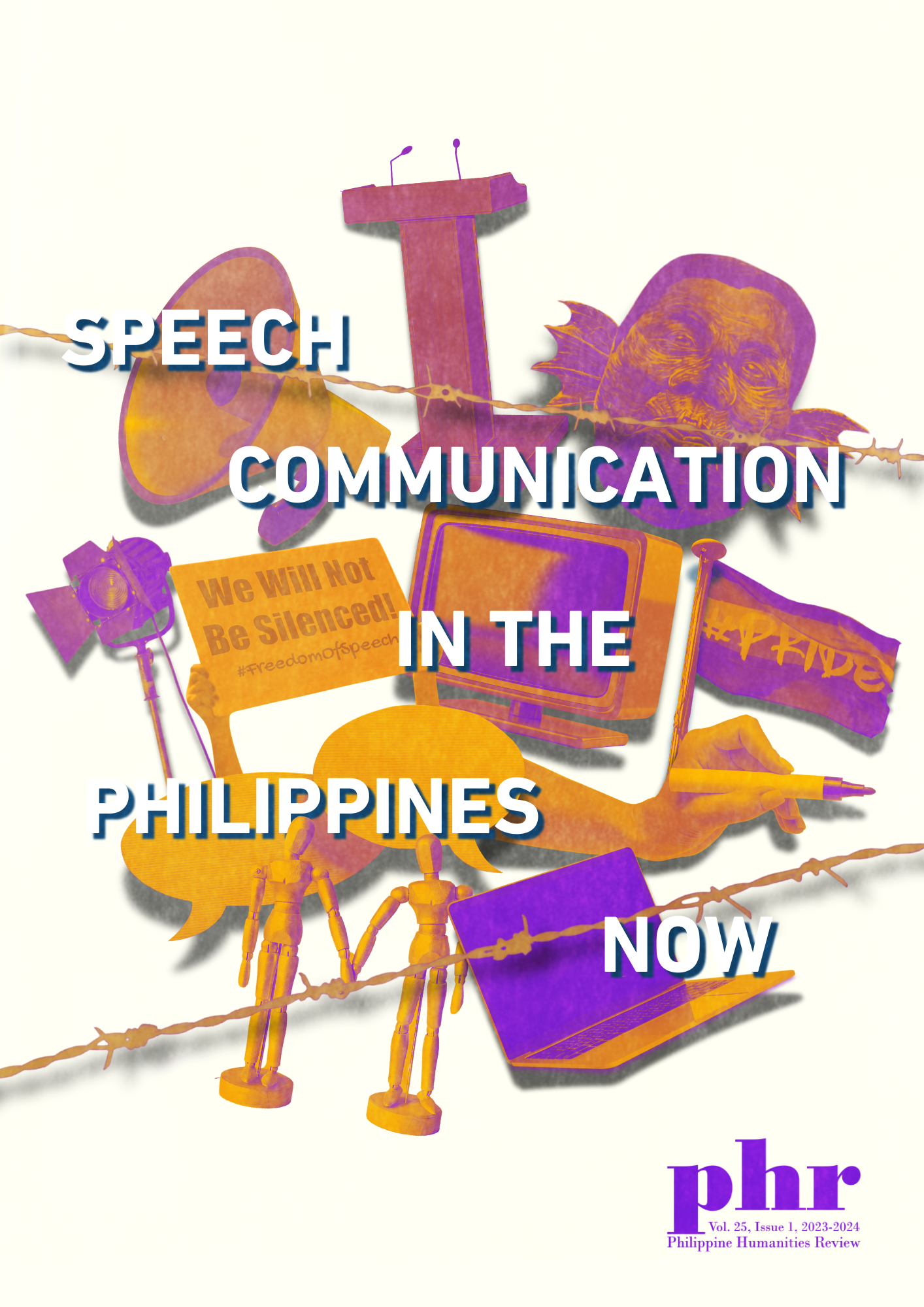Queering Teacher Identity: Filipino LGBTQ+ Teachers’ Self-Disclosure of their Sexual Identity in the Classroom
Abstract
In contemporary educational discourse, the focus on addressing homophobia and heterosexism has garnered significant attention from various stakeholders. Despite efforts to create inclusive environments, LGBTQ+ educators continue to face marginalization, particularly in self-disclosing their sexual and gender identities within their professional practices. These challenges can take on different forms such as receiving derogatory remarks from students, policing the way they dress and act, prohibiting LGBTQ+ content in their classrooms, and even being labeled as predators or abusers. This paper examined the experiences of LGBTQ+ teachers (n=30), coming from both the tertiary and basic education in the Philippines, as they navigate the complexities of integrating their identities into their classrooms. Using Communication Privacy Management Theory, the study analyzed narratives and experiences to explore how one discloses identities and the challenges encountered in doing so. For the research method, the study used "pagtatanong-tanong" through a qualitative survey (QS). The findings revealed two overarching strategies of disclosure: a) Explicit disclosure through verbal and nonverbal coming out; and b) Implicit disclosure through classroom activities. Furthermore, challenges in disclosing and enacting these identities were determined. Through these disclosure strategies, the study recognized the multifaceted factors influencing LGBTQ+ teachers’ disclosure decisions. These strategies illuminate how individuals navigate discourses surrounding their often-stigmatized identities within educational settings, fostering an inclusive classroom for them to freely embrace their own authentic identities.


